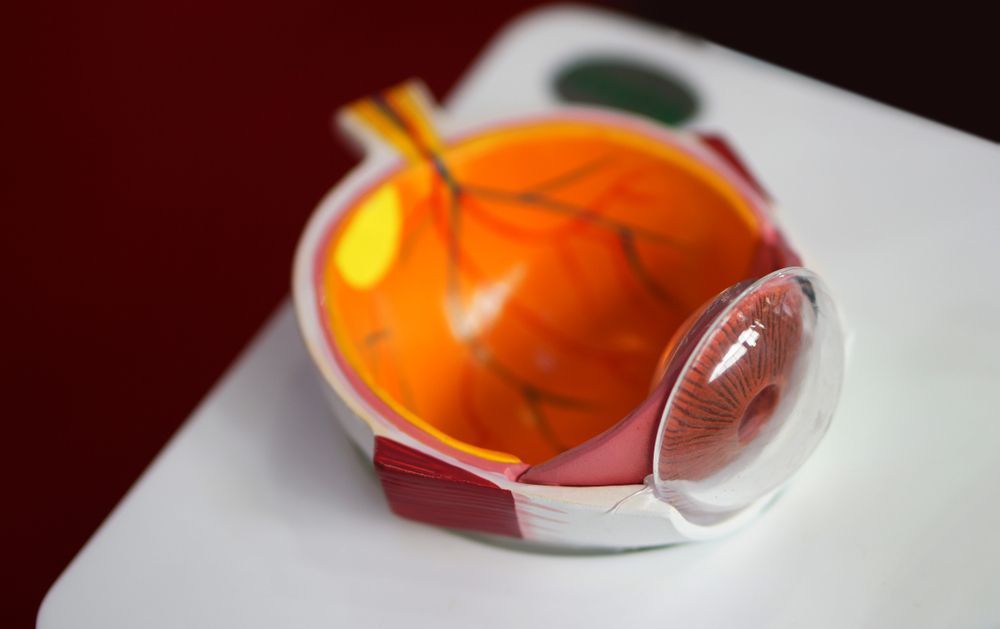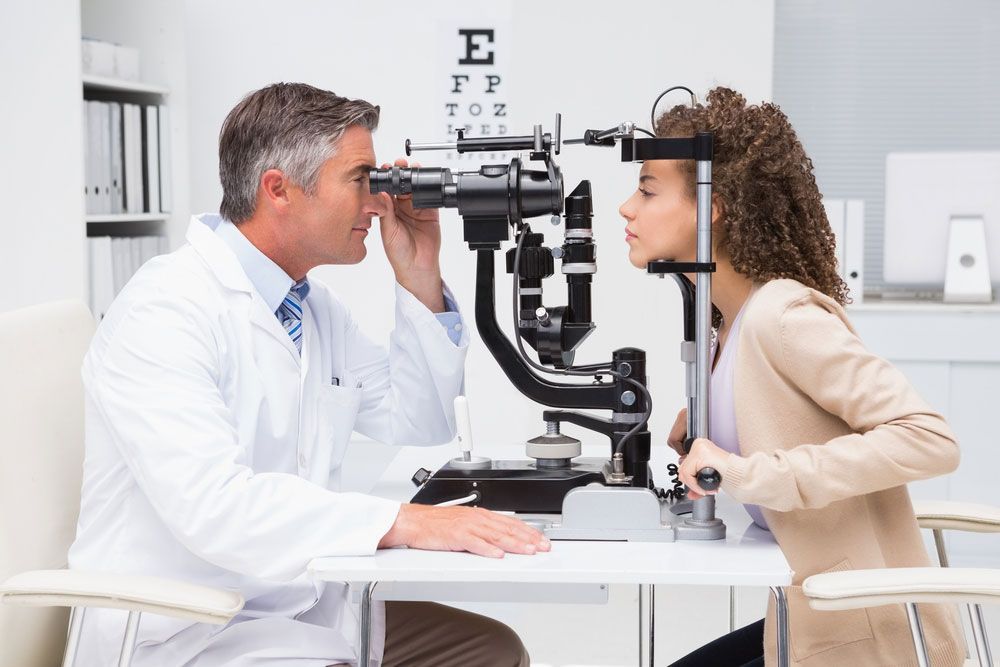Macular degeneration is a leading cause of vision loss among Australians over 60. This progressive eye condition affects the macula, the part of the retina responsible for sharp central vision. Early signs often go unnoticed, but without timely intervention, daily tasks like reading, driving and recognising faces can become difficult. An ophthalmologist plays a crucial role in diagnosing, treating and managing macular degeneration. Understanding their role empowers patients to seek professional help early and protect their sight.
Understand Macular Degeneration
Macular degeneration primarily appears in two forms: dry and wet. Dry macular degeneration is more common and occurs when the macula gradually thins with age. Wet macular degeneration is less common but more serious, involving abnormal blood vessel growth that damages the retina. An ophthalmologist is trained to distinguish between these types and to recommend appropriate treatment plans aimed at preserving vision.
The causes of macular degeneration are multifactorial. Genetics, smoking, high blood pressure, obesity and prolonged sun exposure all contribute. Age is the strongest risk factor. According to the Macular Society, around one in every 200 people has age-related macular degeneration at 60. Understanding these risks highlights the importance of regular eye checks with an ophthalmologist, particularly as one ages.
Symptoms often begin subtly. Blurred vision, difficulty recognising faces and dark spots in the central vision are typical. An ophthalmologist can diagnose the disease using advanced imaging techniques like optical coherence tomography (OCT), which visualises retinal changes early. Recognising symptoms and seeking early intervention can significantly slow the disease's progression.
Detect the Disease Early
Macular degeneration is progressive and can cause serious vision loss if untreated. The dry form usually progresses slowly, while the wet form can deteriorate vision rapidly. Regular appointments with an ophthalmologist help monitor changes over time and adapt treatment strategies accordingly, preserving as much vision as possible.
Early detection is critical. An ophthalmologist can identify minute changes before noticeable symptoms appear. Regular eye exams, particularly for people at risk, enable proactive management. Early intervention offers the best chance of preserving functional vision and maintaining a good quality of life.
At an initial consultation, an ophthalmologist performs a thorough examination. This includes visual acuity tests, pupil dilation and detailed retinal analysis. Establishing a baseline through early exams is key for tracking the disease's progression and making timely treatment adjustments.
Use Advanced Tools for Diagnosis
Ophthalmologists rely on state-of-the-art technology to diagnose macular degeneration accurately. Tools like OCT scans and fluorescein angiography provide cross-sectional images of the retina, revealing abnormalities invisible to standard exams. These insights help tailor treatment plans specific to each patient's needs.
In addition to high-tech imaging, ophthalmologists conduct comprehensive eye health evaluations. Identifying other underlying issues, such as glaucoma or diabetic eye disease, ensures that no factor compromising vision is overlooked.
Medical history also plays an important role. An ophthalmologist reviews past eye conditions, family history, lifestyle factors and existing health conditions. This information shapes a personalised plan that targets not just the disease but also contributing risk factors.
Plan Personalised Treatment Strategies
Once diagnosed, an ophthalmologist designs an individualised treatment plan. This could include lifestyle recommendations, medications, surgical interventions or participation in clinical trials. Personalised care plans respond to the unique needs and circumstances of each patient.
Lifestyle changes are often the first step. Ophthalmologists recommend quitting smoking, wearing UV-protective sunglasses, maintaining a healthy diet rich in leafy greens and omega-3 fatty acids and managing systemic conditions like hypertension. These measures help slow disease progression and protect remaining vision.
Medical interventions for wet macular degeneration are more aggressive. Anti-VEGF injections reduce abnormal blood vessel growth and fluid leakage. In some cases, corticosteroids or laser treatments may be appropriate. An ophthalmologist discusses treatment options thoroughly with patients, ensuring informed decision-making.
Embrace New Technologies and Treatments
Emerging technologies are reshaping macular degeneration management. Research into retinal implants, gene therapy and stem cell treatments offers new hope. Although not all these innovations are widely available yet, ophthalmologists stay informed to offer patients access to emerging therapies where appropriate.
Supplements also play a role in managing macular degeneration. Vitamins C and E, lutein and zeaxanthin, included in formulations like the AREDS2 supplement, have been shown to reduce the risk of advanced disease. An ophthalmologist can advise on suitable supplements based on individual dietary needs.
Ongoing monitoring remains essential. Follow-up appointments allow an ophthalmologist to detect subtle disease progression and adjust treatments accordingly. Early response to changes can preserve vision longer and improve quality of life.
Collaborate With Other Specialists
Vision rehabilitation specialists are a valuable part of the care team. An ophthalmologist may refer patients to these experts to help them adapt to vision loss. Rehabilitation can include training with magnifying devices and techniques to maximise remaining vision.
Genetic counselling can also be beneficial. Some forms of macular degeneration have hereditary links. An ophthalmologist may suggest meeting with a genetic counsellor, especially if there is a strong family history of the disease. Identifying genetic risk factors supports early intervention and family planning.
Coordination with a patient's general practitioner ensures holistic management of associated conditions like diabetes or hypertension. Integrated care helps improve overall health, which positively influences eye health and disease outcomes.
Refer to Low Vision Services
For patients with significant vision impairment, ophthalmologists often refer to low vision services. These programs provide adaptive technologies, support networks and training to help patients live independently despite visual limitations.
Referral to low vision services early in the disease process helps patients adjust gradually. Assistive tools, lifestyle modifications and emotional support enhance independence and quality of life, even if macular degeneration advances.
Education and peer support also play important roles. An ophthalmologist may connect patients with support groups, workshops or community programs that build confidence and foster social interaction.
Stay Informed About Research and Innovation
Macular degeneration research is advancing rapidly. New drugs targeting different pathways, better imaging tools and groundbreaking therapies like retinal cell transplants are under investigation. An ophthalmologist keeps up with research findings, offering patients access to clinical trials when suitable.
Participation in clinical trials can be a valuable opportunity. Patients may access experimental treatments not yet widely available and contribute to the broader effort to cure or better manage macular degeneration.
Ongoing innovation means patients today have more options than ever before. A knowledgeable ophthalmologist can guide individuals through emerging treatments, balancing risks and potential benefits thoughtfully.
Manage Emotional and Social Impacts
Vision loss significantly affects emotional and social well-being. Anxiety, depression and frustration are common among individuals diagnosed with macular degeneration. An ophthalmologist recognises these challenges and provides referrals to mental health support services when needed.
Encouraging open communication helps patients express their fears and concerns. Psychological counselling, group therapy and mindfulness practices may be suggested as part of a holistic care plan.
Supporting mental well-being alongside physical health improves treatment adherence and enhances overall quality of life. A caring ophthalmologist understands the need to treat the person, not just the condition.
Act Early to Protect Your Vision
Macular degeneration remains a challenging diagnosis, but early intervention and expert care from an ophthalmologist can make a profound difference. Regular eye exams, lifestyle modifications, personalised treatment plans and access to support services all contribute to maintaining independence and quality of life.
If you are over 60 or have risk factors for macular degeneration, it is vital to book a consultation with an
ophthalmologist today. Early detection offers the best chance to slow progression and preserve vision. Call 130 Eye today and take the first step toward protecting your sight. Your vision deserves expert care and timely attention.


